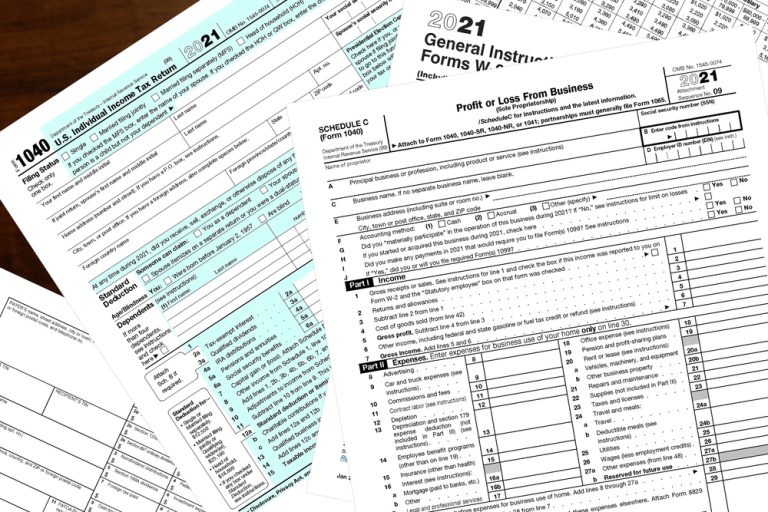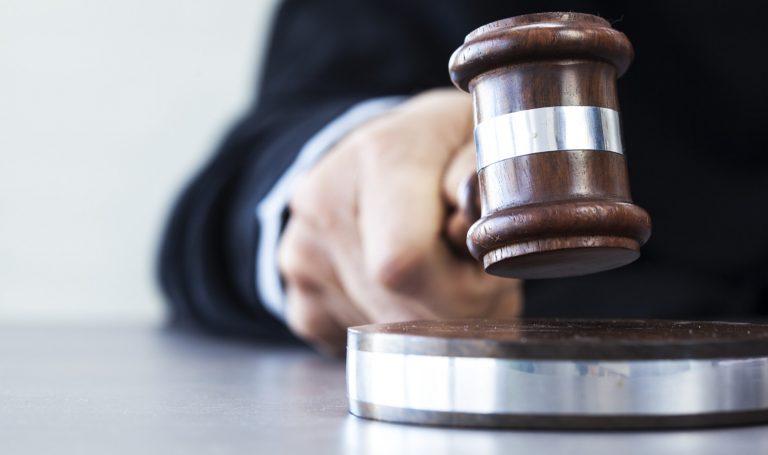Florida Sunshine Litigation Act Public Hazard Definition Could be Hazard for Defense
Florida Sunshine Litigation Act Public Hazard Definition Could be Hazard for Defense
The Florida Sunshine Litigation Act makes judicial records open to the public, and is the first of its kind among the fifty states. The Act states that any document containing information relating to a “public hazard” is open to the public. While the statute was written to protect the public, it is very broad in scope and can be considered to be too vague.
Can you briefly explain what Florida’s Sunshine in Litigation Act is meant to accomplish?
Florida’s Sunshine in Litigation Act is designed to ensure that judicial records are open to the public, with limited exceptions. In particular, the Act mandates that any document which relates to a “public hazard” must be openly available, and that the Courts must not enter orders which conceal such information from the public. Unfortunately, while the Act’s goals are laudable, the Act is unclear as to exactly how the Courts are to address these issues and apply the Act within the confines of actual litigation.
Does this mean that trade secrets will no longer protected by law?
No, trade secrets are still protected by law, as long as they do not conceal information relating to a “public hazard.”
How can a plaintiff’s legal counsel claim “public hazard” without specifically identifying which document contains that information?
Under the Act, it is the obligation of the Court to review documents to ensure that these documents are not concealing a “public hazard.” Once the plaintiff’s counsel asserts that the product at issue is a “public hazard,” whether by a court filing, a letter, or otherwise, no documents may be produced under an order of confidentiality until the Court reviews the documents and determines which, if any, relate to a “public hazard.” The burden is on the defense, not the plaintiff, to request the Court’s review.
Doesn’t this process place undue burden on the defense and the courts?
Yes, but case law makes it clear that once the spectre of a “public hazard” has been raised, the burden lies squarely with the defendant to immediately seek the Court’s review as to whether the documents conceal or relate to a public hazard. Until the Court makes that determination, documents may not be produced under an order of confidentiality.
In fact, a defendant who fails to seek the Court’s review and who produces documents under the claim of confidentiality will most likely be found to have waived the right to later seek Court review. This raises a significant risk that the documents will later be found to have no protection and be open for public review.
What does defense counsel need to do to ensure that trade secrets remain protected?
Once a “public hazard” claim has been raised, the defense counsel must petition the court to conduct a review of the documents before the documents are produced. Part of this petition should include a request for an evidentiary hearing, at which the defense must establish that the documents are worthy of protection and do not conceal a public hazard.
Is the Act being challenged in the courts?
Parties have made claims that the Act is unconstitutional, but to date none of the challenges has succeeded .








